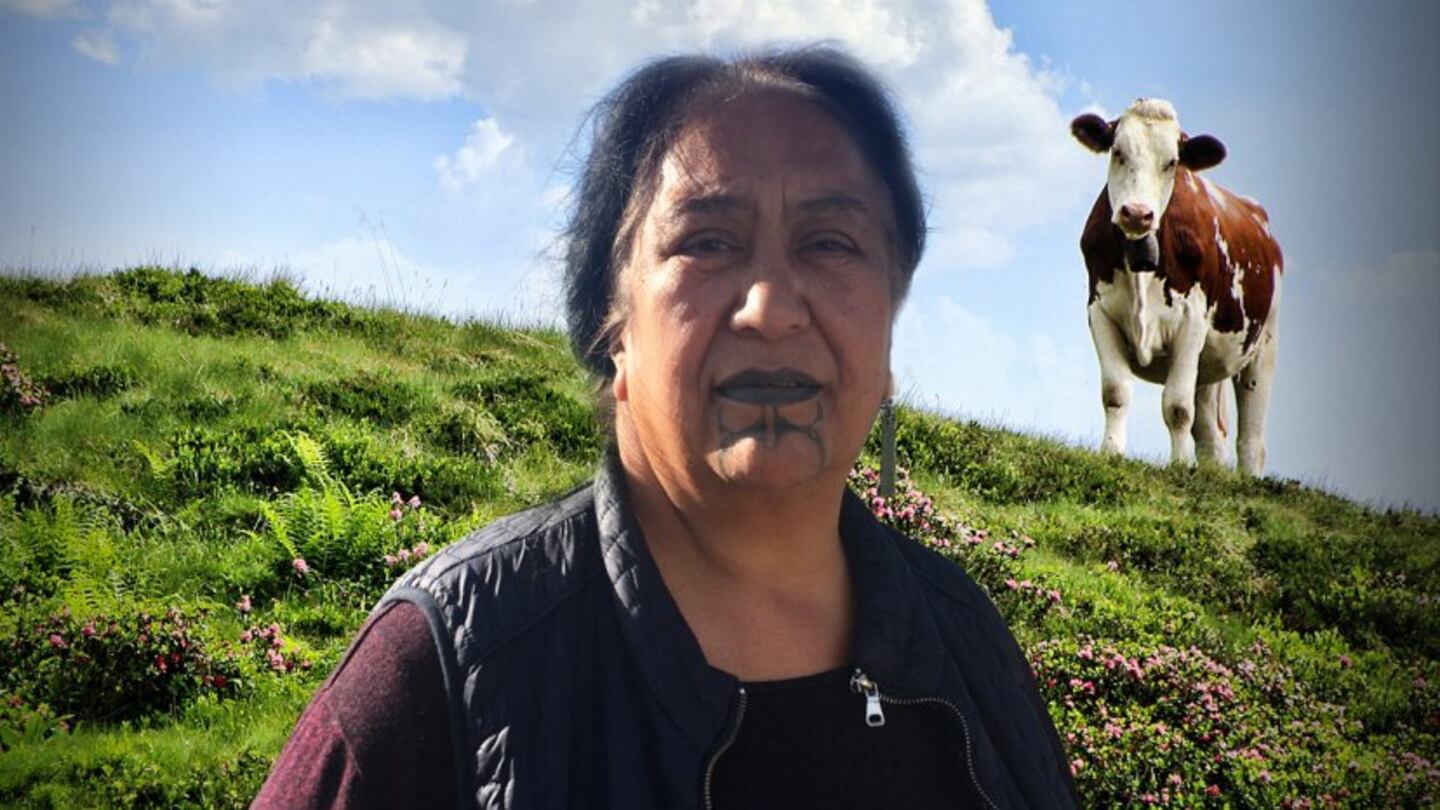The Government in partnership with the primary sector today announced its 2025 plan to reduce emissions in NZ.
“The announcement has never been new to us and we’ve always used to campaign and be part of a solution to move things faster,” says Māori farmer Gloria Koia.
“What is the process of how they going to process it? Because we’re going to be the ones implementing that plan,” says Mrs Koia.
As the chairperson of Kokako Trust, Mrs Koia manages three dairy farms on a total of 1400 ha of Māori freehold land in Putaruru.
She says that Māori have always been world leaders in low-emissions food production and she’s hoping that Māori farmers aren’t locked out of the decisions that affect them.
Mrs Koia says that the Government and primary sector have “got it all back to front”, Māori have always thought to protect the environment first and then balance commercial interests while the rest of NZ has a history of putting commercial interests first and ahead of their environmental responsibilities.
However, the primary sector who welcomed today’s decision by the government’s plan ‘He Waka Eke Noa’ – the Primary Sector Climate Change to lower emissions by 2025 is a far cry from reality.
“I think they’re being very brave making that statement because it’s going to take a time to actually do the job properly. I would say by 2025 people will be more informed. They’ve got it all back to front,” Koia says.
The Government also recognizes partnering with Māori will be critical to the success of this joint action plan alongside farming leaders.
"I'm proud that we have a world-first agreement as part of our plan to tackle the long-term challenge of climate change and we've done that by reaching an historic consensus with our primary sector," Prime Minister Jacinda Ardern said.
"This plan provides the primary sector with certainty and puts us shoulder-to-shoulder on a path to reduce emissions, with ongoing support to help with the plan such as the $229 million Sustainable Land Use investment.
Federated Farmers does not support agricultural emissions going into the Emission Trade Scheme ETS (from 2025 or at any other time) without significant technological and regulatory developments becoming available to farmers.
"He Waka Eke Noa is clear that the ETS has not worked to lower emissions and will not work for agriculture," Federated Farmers vice president and climate change spokesperson Andrew Hoggard says.
The proposed 5-year programme of action is aimed at farmers and growers to be equipped and understand how to deliver emissions reductions while maintaining profitability. Fed farmers are widely concerned that productivity is not at a disadvantage to New Zealand’s main international competitors.
"New Zealanders also need to realise that any reduction in emissions achieved here through reduced production, will likely only be replaced with production in countries that have higher emissions per unit of output, and usually by subsidised farming sectors," Andrew says.
While Kokako Trust look to ensure sustainable business their main priority is looking after the environment for future generations.
“It’s quite simple really. As a parent I have an obligation to ensure that my children understand that my mokopuna learn it.”
“No one has actually gone and researched how and that’s what I’ve done with this team.”

